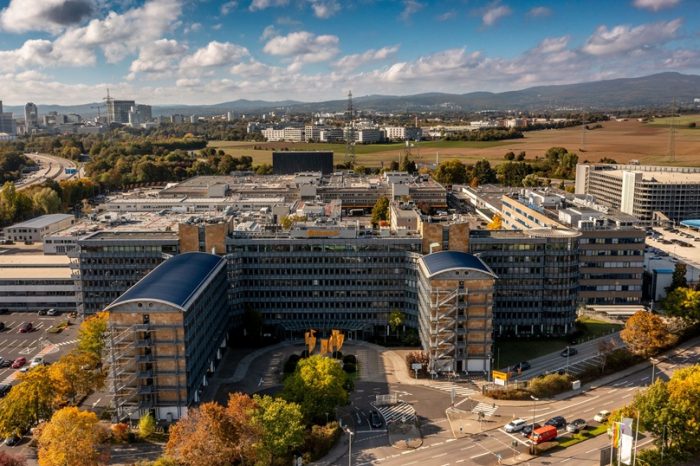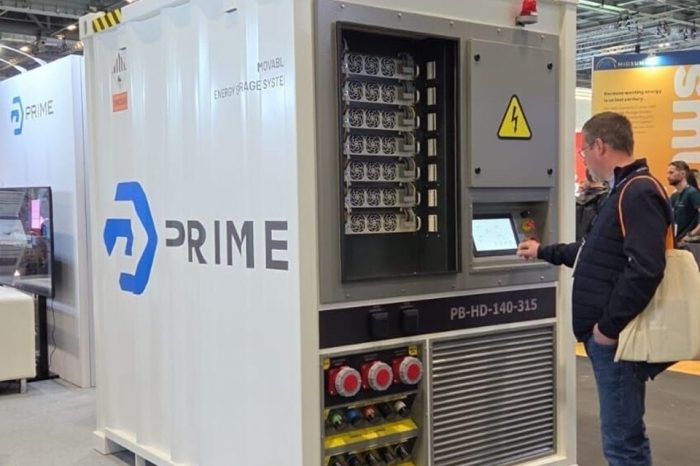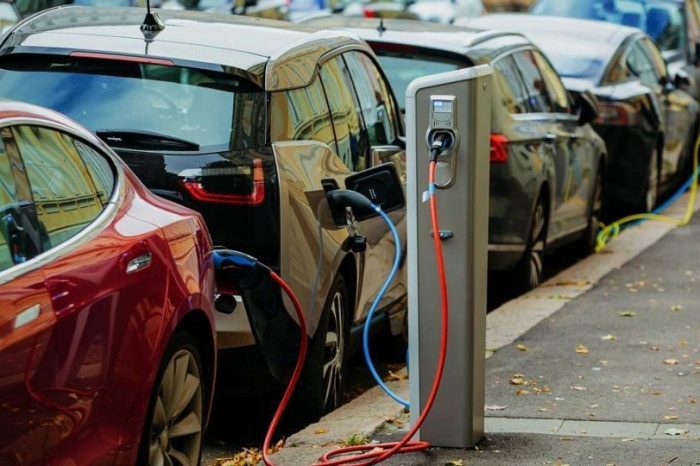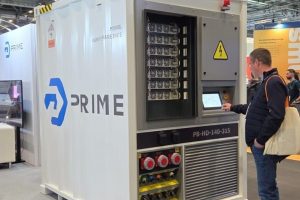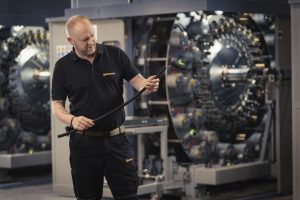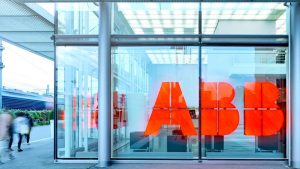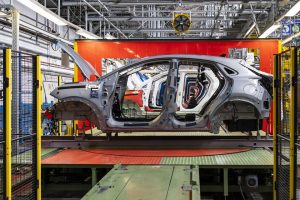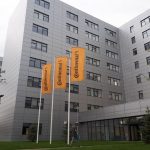Continental posts ‘historically weak second quarter’, fixed costs reduced by more than 400 million Euro
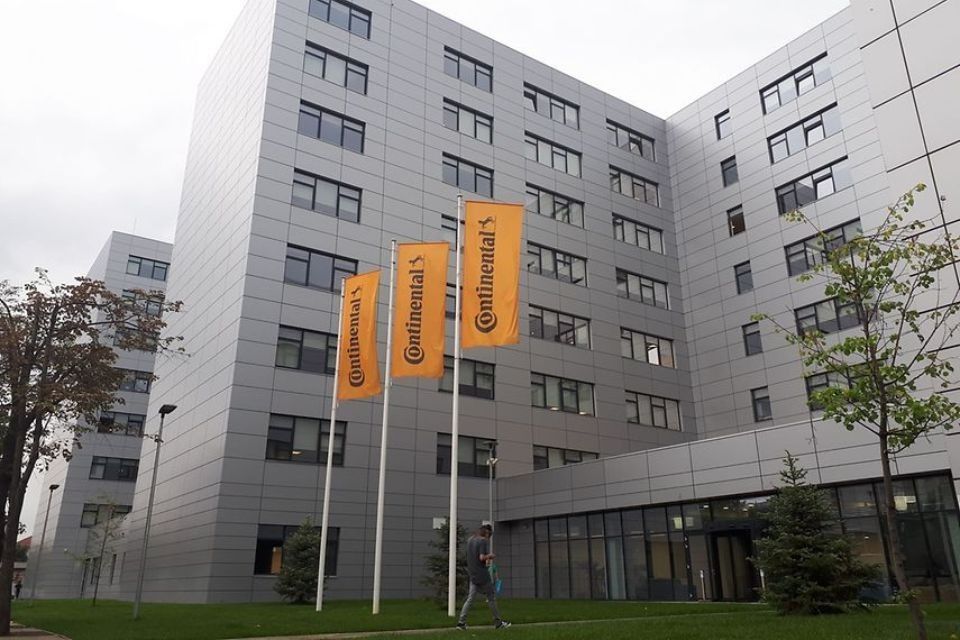
The sales and earnings of Continental were down substantially in the second quarter of 2020 due to the effects of the coronavirus pandemic.
“A market crash in the automotive industry like the one we are experiencing now has not been seen since the end of the Second World War. In the first and second quarters of 2020, when the economic crisis in the automotive industry was at its worst, we outperformed the respective markets in China, the USA and Europe,” said Elmar Degenhart, Continental CEO, when presenting the half-year figures on Wednesday in Hanover.
Consolidated sales in the second quarter amounted to €6.6 billion (Q2 2019: €11.3 billion). Before changes in the scope of consolidation and exchange-rate effects, sales declined by 40 percent. At the same time, the global production of passenger cars and light commercial vehicles fell by about 45 percent in the second quarter to a total of 12.3 million units (Q2 2019: 22.1 million units), according to preliminary data. As a result of temporary plant closures due to the coronavirus pandemic, second-quarter production figures in Europe and North America were very weak, at 2.0 million units (-63 percent) and 1.3 million units (‑69 percent), respectively. In contrast, production in China increased to 9 percent year-on-year thanks to government subsidy programs, with 5.9 million passenger cars and light commercial vehicles rolling off the lines.
The adjusted operating result in the second quarter was ‑€634 million (Q2 2019: €865 million), corresponding to an adjusted EBIT margin of ‑9.6 percent (Q2 2019: 7.7 percent). Net income totaled ‑€741 million (Q2 2019: €485 million).
In light of the unexpected deterioration of the economic environment, Continental lowered its fixed costs by more than €400 million in the second quarter compared with the same period of the previous year. For the year as a whole, the company is well on the way to reducing fixed cash costs by more than 5 percent compared with the previous year. “Our balance sheet remains very sound, due in part to the savings measures that we initiated immediately. Our tough cost-cutting measures are having a quick and noticeable effect. We are thus giving ourselves room to maneuver and remain on track,” said Degenhart.
In the second quarter of 2020, Continental reduced its capital expenditure on property, plant and equipment, and software to €448 million (Q2 2019: €785 million). All business areas contributed to the decrease. As a result, the capital expenditure ratio was down to 6.8 percent after 7.0 percent in the comparative period of the previous year, despite the substantial decrease in sales. For the year as a whole, the company is planning to reduce its investments by more than a quarter compared to the previous year. At the end of the first quarter, Continental had estimated its savings potential for investments at more than 20 percent.
Capital expenditure on research and development in the second quarter amounted to €809 million (Q2 2019: €917 million). As a result of the substantial decrease in sales, the ratio rose to 12.2 percent after 8.1 percent in the same period of the previous year.
Since early June, all Continental plants worldwide have resumed production. Public life in some regions is still restricted by the coronavirus pandemic, however, and some plants’ capacities are being used at greatly reduced levels in line with the substantially lower global demand. Depending on how the pandemic and its consequences continue to develop, it is possible that the company will once again have to make temporary adjustments to production at certain plants. At present, about 25 percent of all employees are working reduced hours worldwide. In Germany, around 30,000 employees worked an average of five days less in June.


